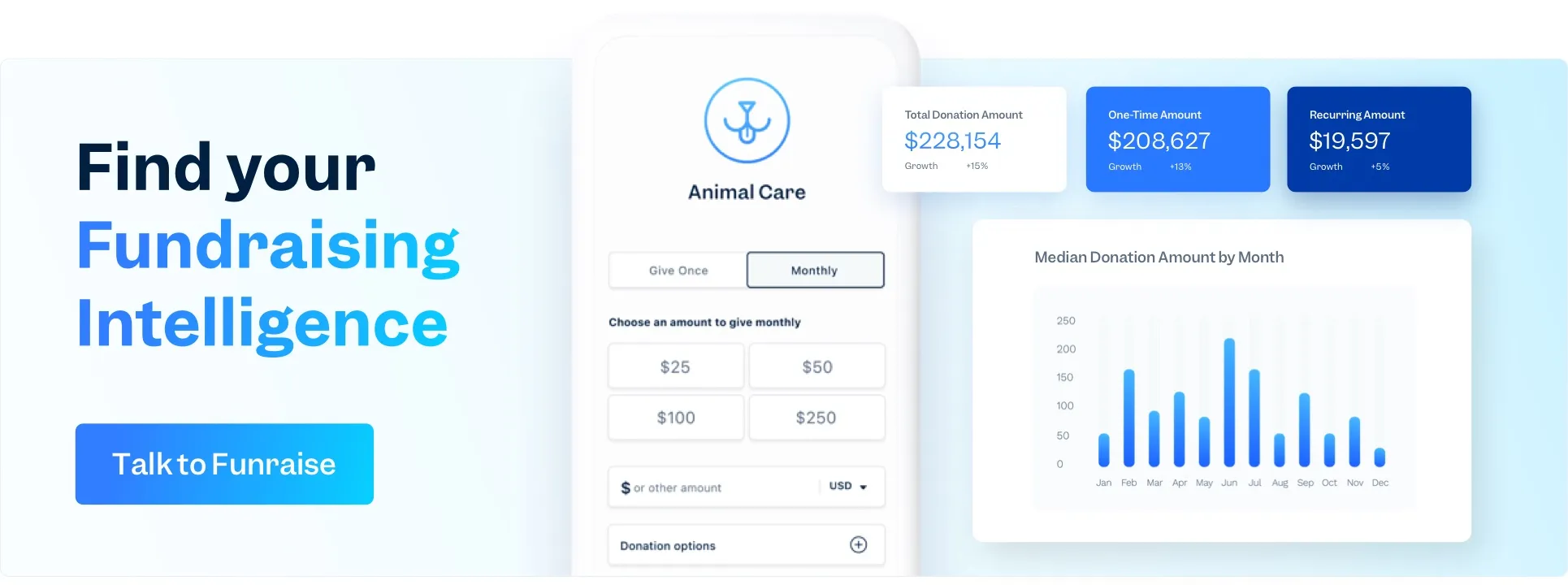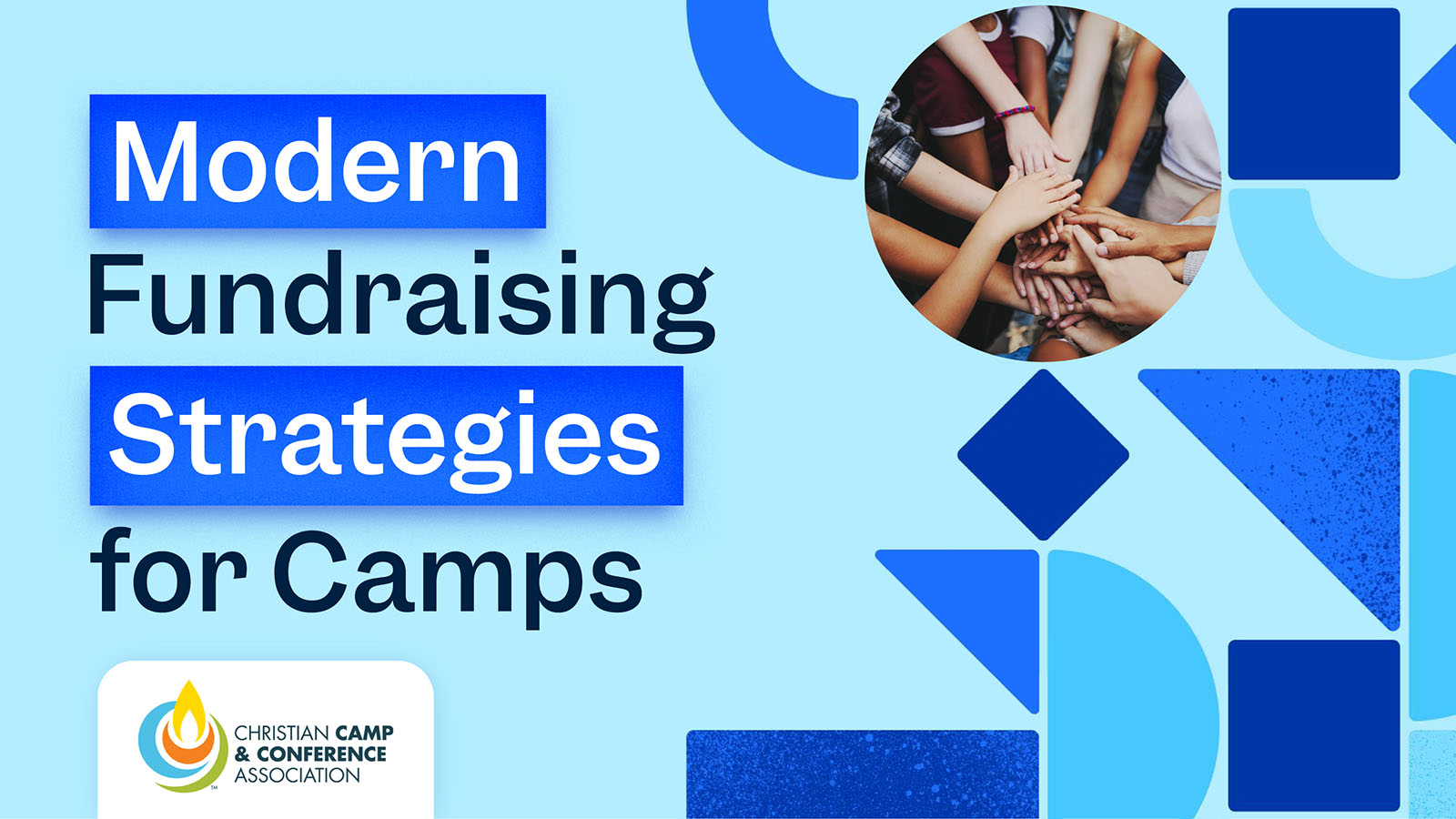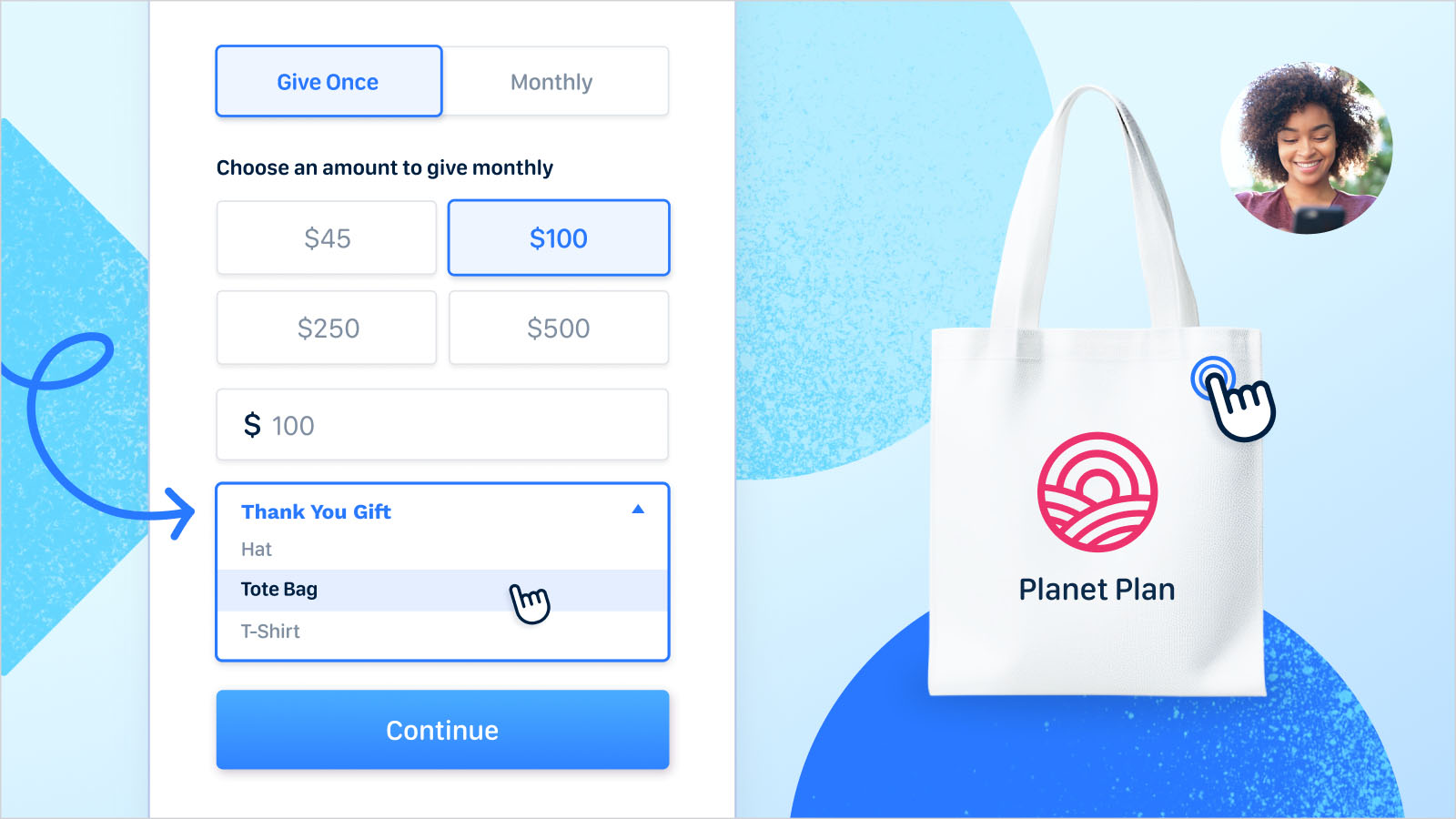Nonprofit accounting software FAQ
What are the typical costs associated with nonprofit accounting software?
Nonprofit accounting software often requires an annual subscription. This can be costly, especially if you need additional user licenses or cloud access. Many free options exist, but they might not fit larger organizations due to limitations. The software choice affects financial health by influencing operational costs through its functions and customization. Expenses may include consulting services if the software is complex or needs significant customization. Using general accounting software might require integrating third-party software applications for nonprofit-specific functions, adding to the overall cost.
How do I determine if a software option is suitable for my nonprofit?
Choose a software that's easy to set up and use, especially for employees with limited tech skills. Keep cost-effectiveness in mind, and remember that many providers offer discounts for nonprofits. Look for software that has fund accounting features to categorize income and expenses by fund and donation tracking for handling contributions. It should allow allocation of donations to projects for proper tracking and transparency.
Can I transition my organization to new accounting software smoothly?
Transitioning to new software needs careful planning to ensure financial data meets nonprofit compliance. Look for software with features like fund accounting and donation tracking tailored to nonprofit needs. Consider if the software integrates well with existing CRMs for a smooth changeover. Taking advantage of staff training to allows quick adaptation to the new system after transition.
What support options are available for nonprofit accounting software users?
Nonprofit accounting software should be easy to set up and use, especially for employees with limited tech knowledge. Customer support options, like online chat, technical support, and on-call training help nonprofits tailor accounting solutions for their financial management and compliance needs.
How do accounting software options differ in terms of compliance reporting?
Nonprofit accounting software helps navigate compliance needs by tracking donations and transactions like invoices and payroll, so the level of user access and controls for financial data privacy is a major differentiating factor. Other options that affect compliance are audit trails and approval controls to manage and track changes to transactions and advanced reporting tools that make comprehensive compliance reporting possible; the ability to generate custom reports is critical for tracking fund use, essential for regulatory compliance and transparency.
What accounting software do most nonprofits use?
Many nonprofits use QuickBooks Online or Blackbaud Financial Edge. Smaller organizations often opt for QuickBooks Online due to its affordability and user-friendly interface. Larger nonprofits may choose Blackbaud Financial Edge for its advanced features, inclusion in legacy nonprofit software, and nonprofit-specific functionalities.
What is the best accounting method for nonprofit organizations?
Fund accounting is the best accounting method for nonprofits, allowing tracking of different revenue sources based on donor restrictions. It ensures restricted funds are used for intended purposes and maintains transparency. As organizations grow, accrual-basis accounting becomes necessary for GAAP compliance and more accurate financial reporting.
Is QuickBooks free for non-profits? Does QuickBooks offer a discount for nonprofit organizations?
QuickBooks isn't free for nonprofits, but significant discounts are available. Through TechSoup, eligible nonprofits can access QuickBooks Online for a minimal annual fee. This offer is available for QuickBooks Online for Nonprofits; please note that organizations may request QuickBooks desktop products only if they have previously received a QuickBooks desktop product through TechSoup.




















































.webp)
.webp)











.webp)
.webp)

.webp)
.webp)
.webp)




